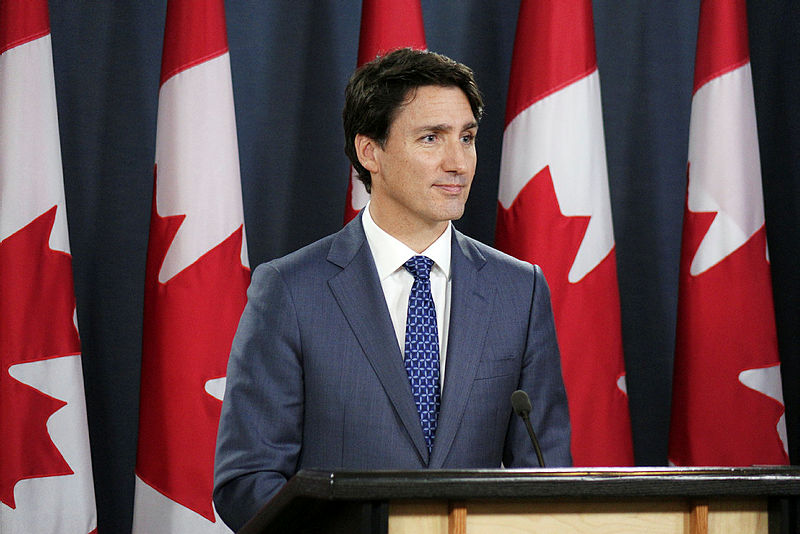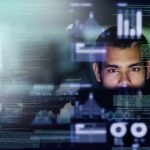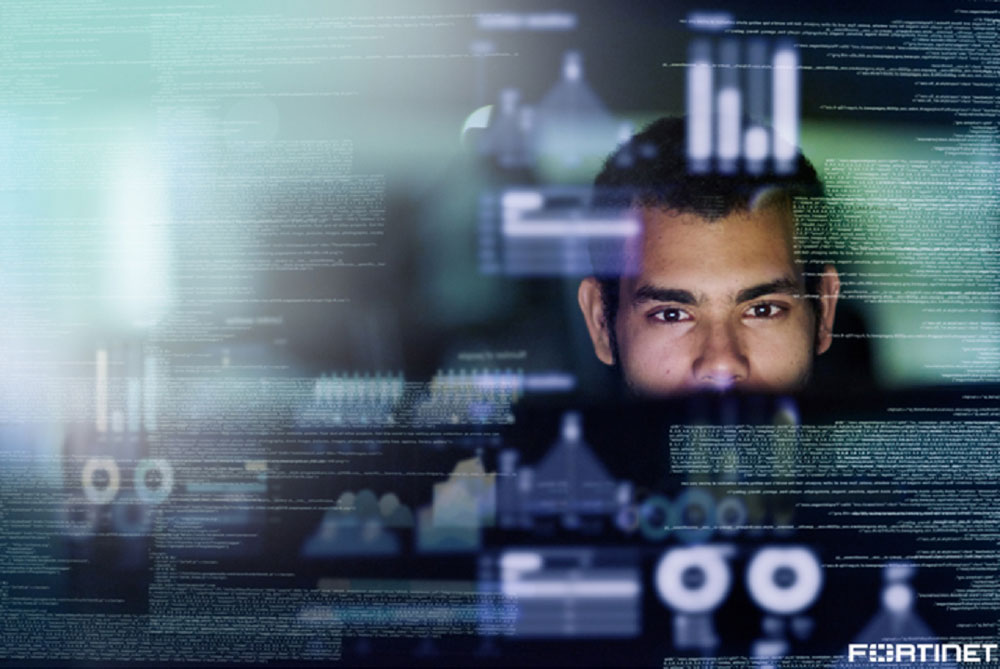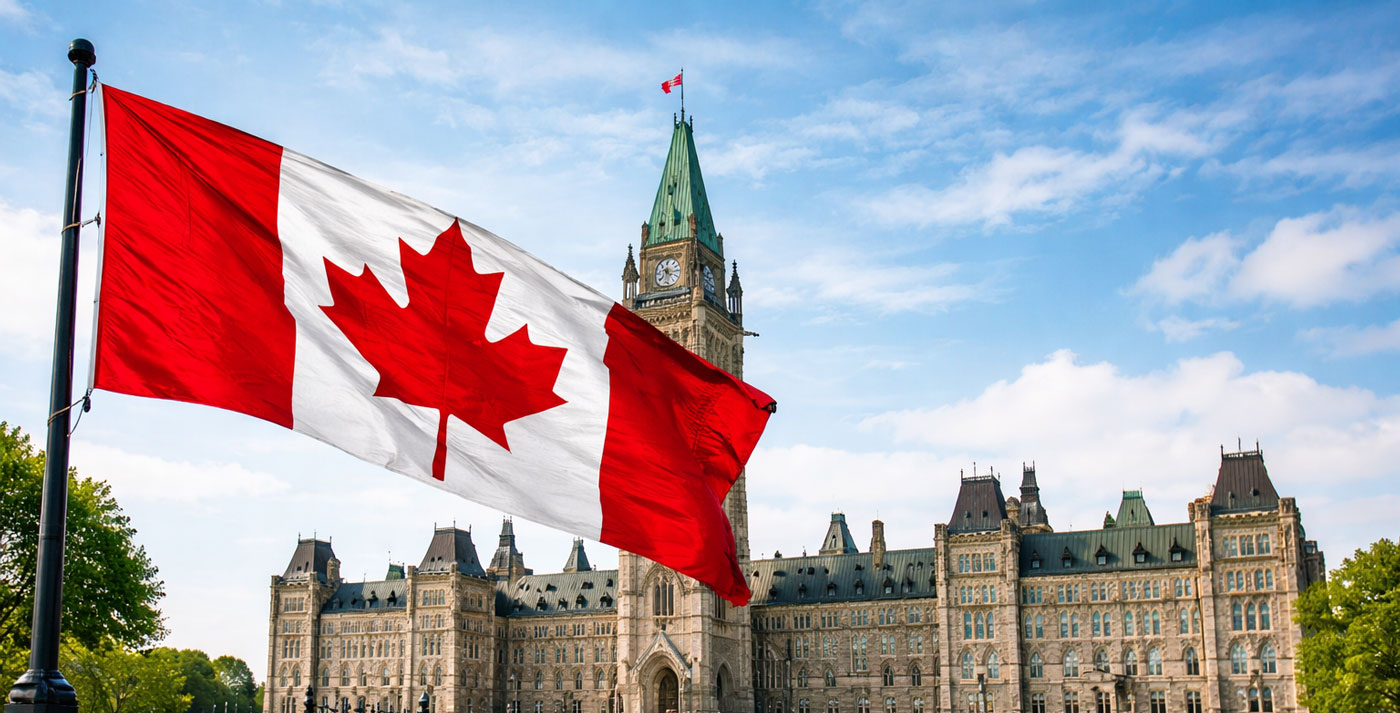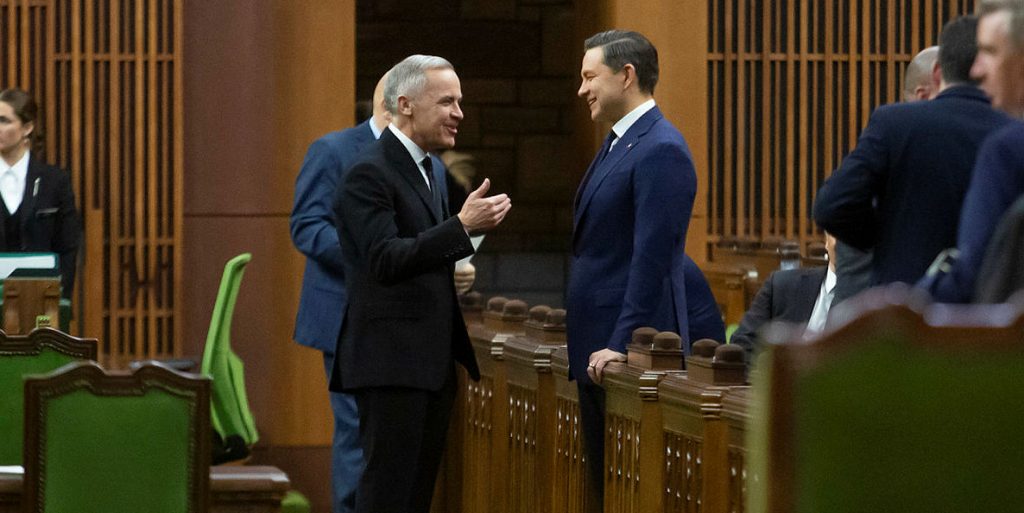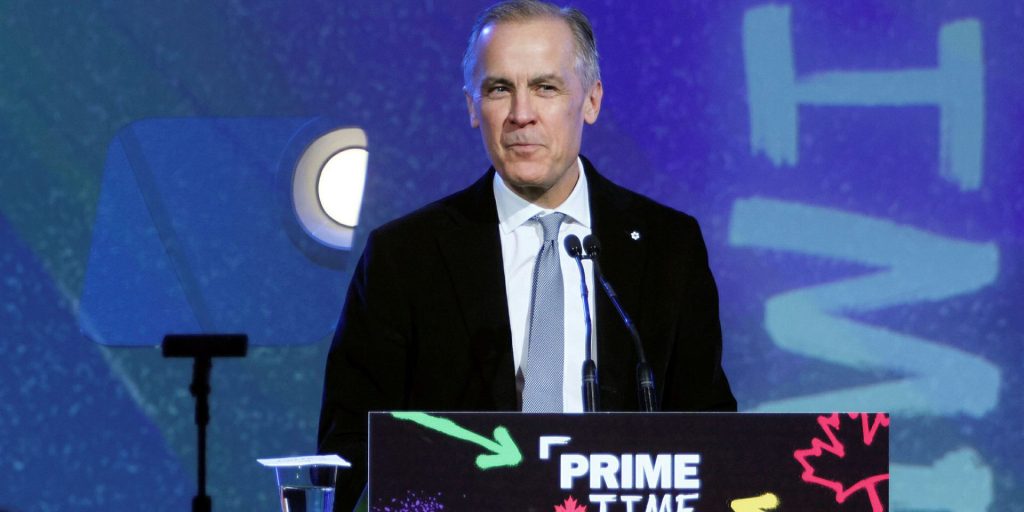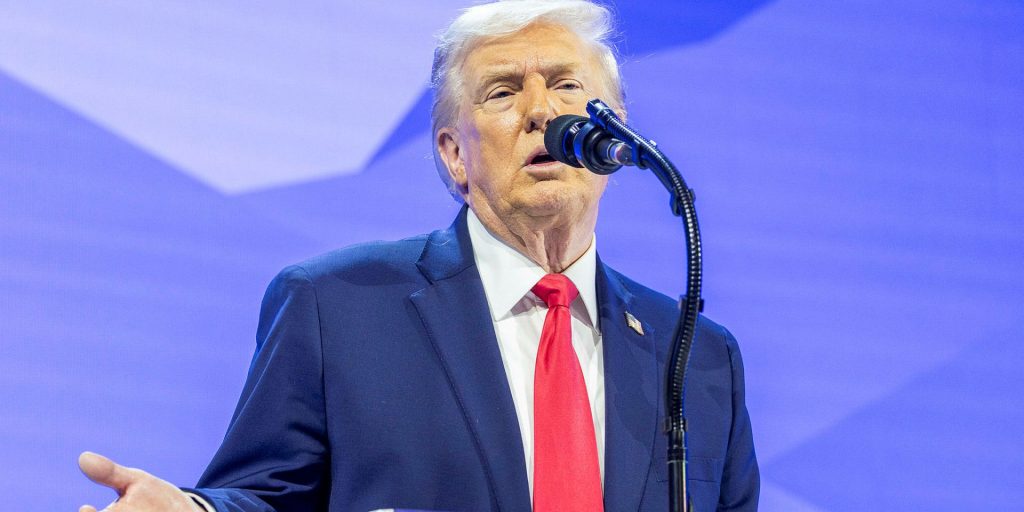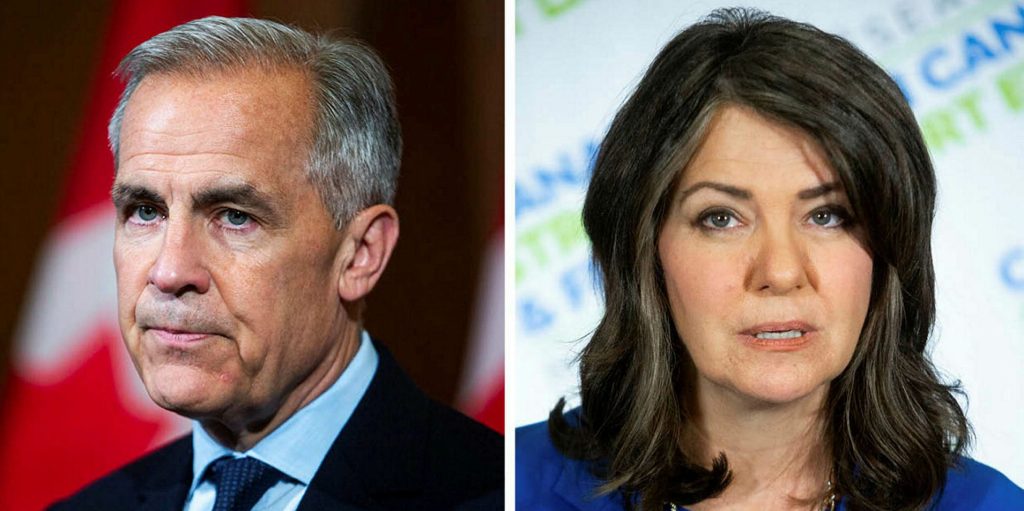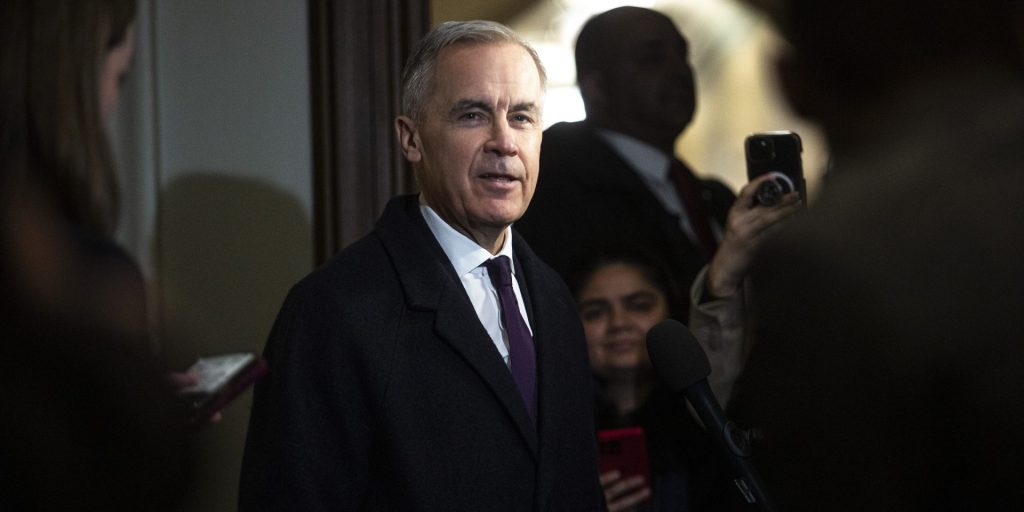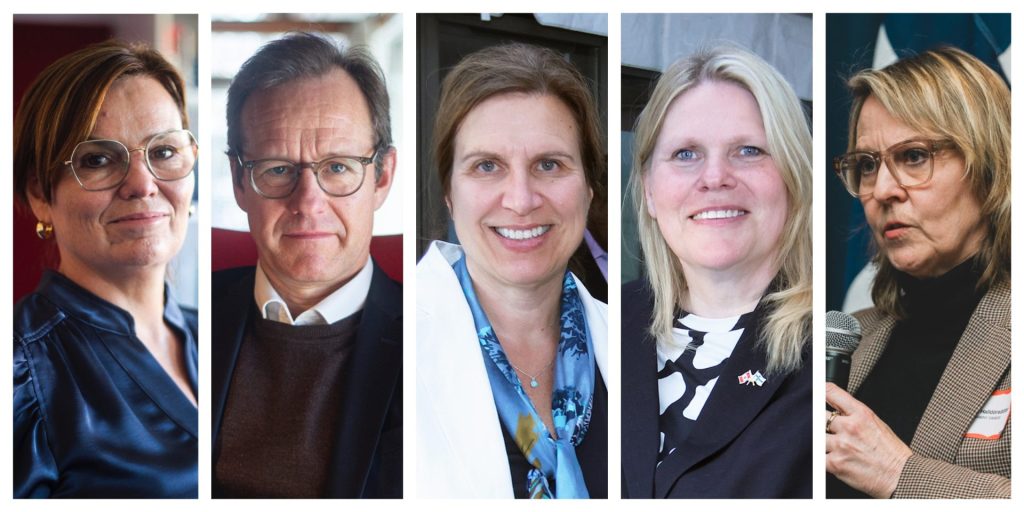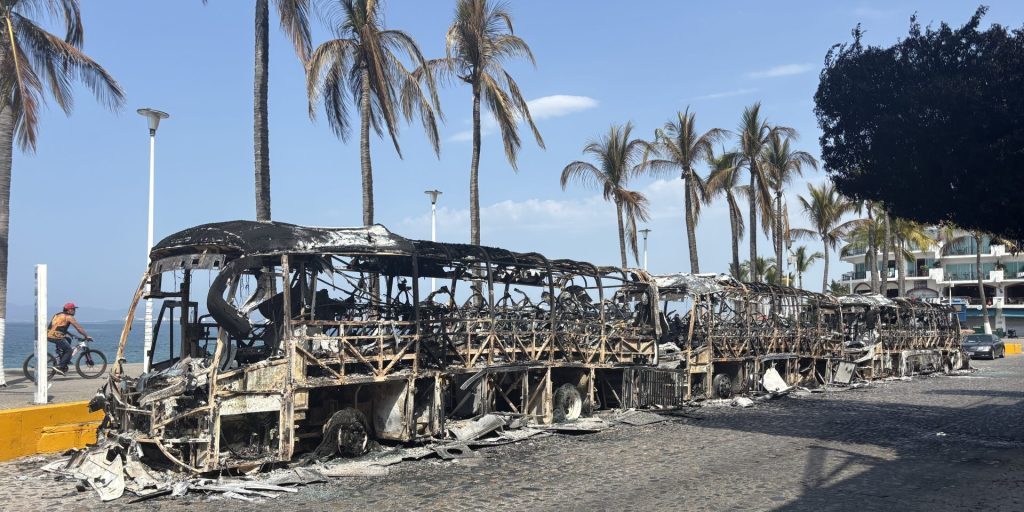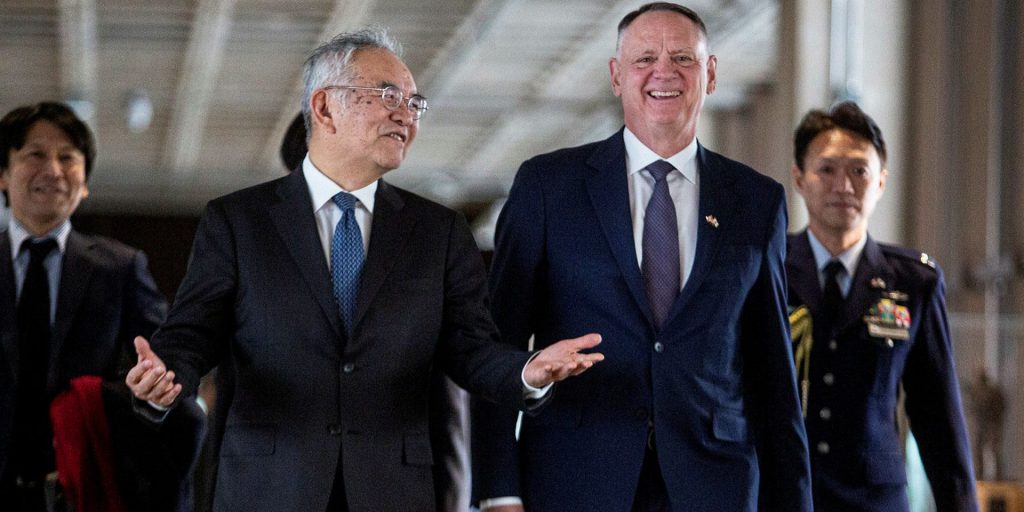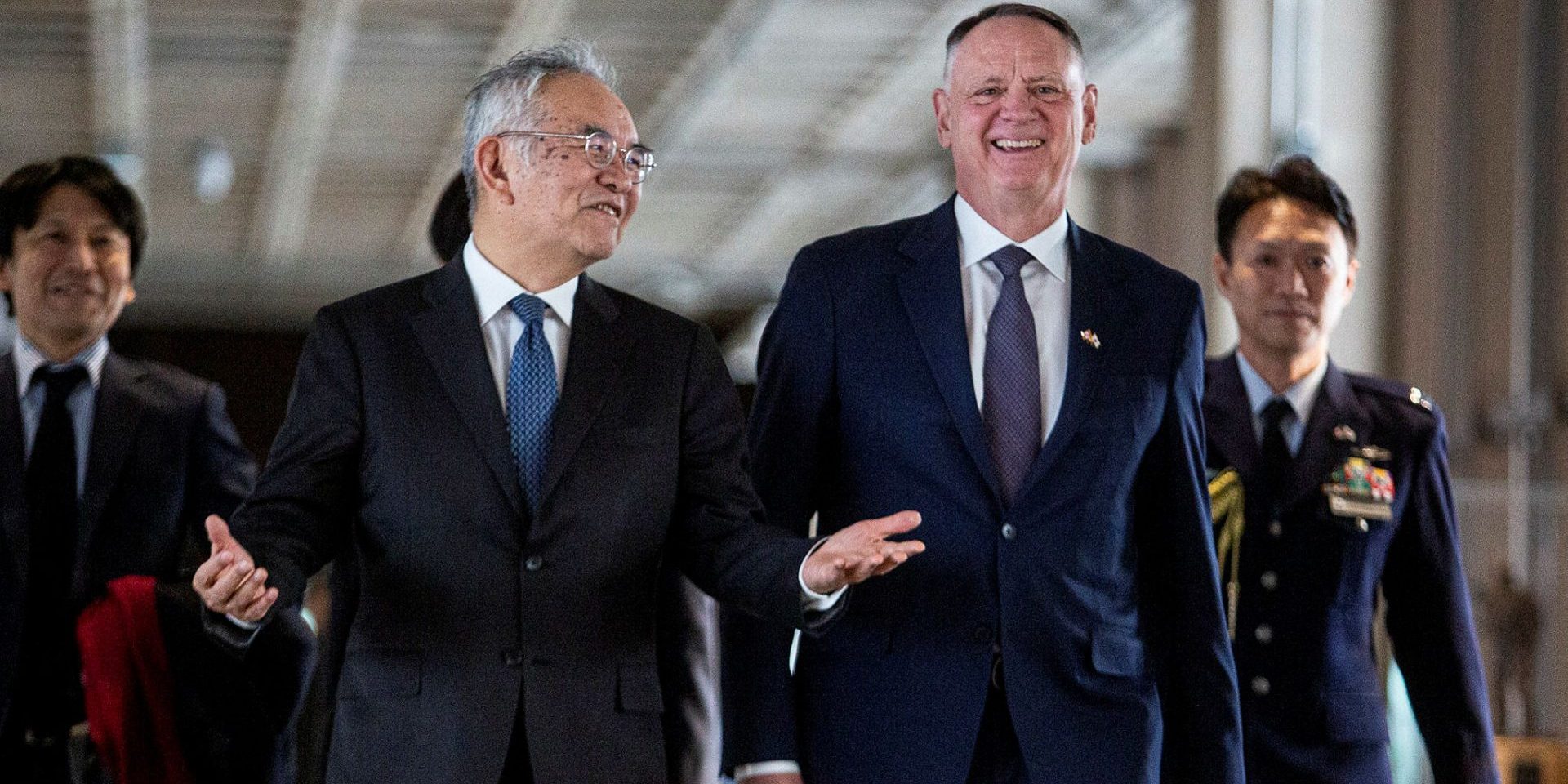Sponsored content
sponsored content
Get Weekend Point of View Newsletter
Top Canadian political and policy opinion and analysis. Saturdays and Sundays. Weekends.
By entering your email address you consent to receive email from The Hill Times containing news, analysis, updates and offers. You may unsubscribe at any time. See our privacy policy
FOLLOW THE HILL TIMES:
Want to make sure your whole office has the full Hill Times experience?
We have team plans available for companies, organizations, classes, Parliament Hill offices and more. Fill out this form and find out if your team is eligible for a discount.
More Opinion
Related Stories
- Increases in federal R&D spending and new initiatives through the Bureau of Research, Engineering and Advanced Leadership in Innovation and Science—BOREALIS—are important. The strategy also promises $4-billion in new venture funding through the Business Development Bank of Canada.
- Increases in federal R&D spending and new initiatives through the Bureau of Research, Engineering and Advanced Leadership in Innovation and Science—BOREALIS—are important. The strategy also promises $4-billion in new venture funding through the Business Development Bank of Canada.


- Politics
- Foreign Policy
- Lobbying
- Legislation
- Policy Briefings
- Politics This Morning
- Hill Climbers
- Civil Circles
- Heard On The Hill
- Election
- Finance and Budget
- Public Service
- Exclusive Lists
- Parliamentary Calendar
- Top 100 Lists and Exclusive Features
- Podcasts
- This Week's Paper
- Search
- Archives
- Digital Newspaper Archives
- Politics
- Foreign Policy
- Lobbying
- Legislation
- Policy Briefings
- Politics This Morning
- Hill Climbers
- Civil Circles
- Heard On The Hill
- Election
- Finance and Budget
- Public Service
- Exclusive Lists
- Parliamentary Calendar
- Top 100 Lists and Exclusive Features
- Podcasts
- This Week's Paper
- Search
- Archives
- Digital Newspaper Archives
-
Get free news updates
